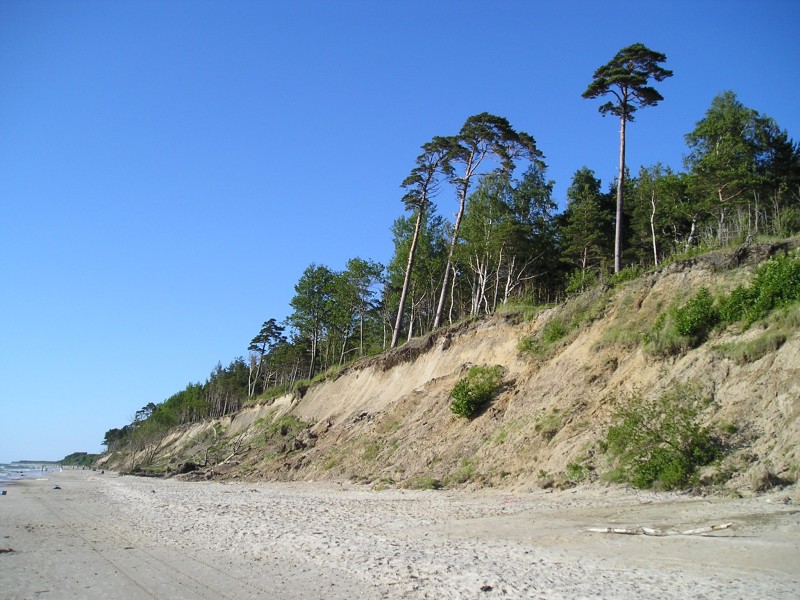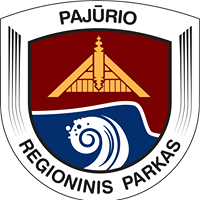Case Study
Conflict resolution between protected area managers and a local community
Contact name
Aisté Jurkiené
Institution name
EUCC Baltic Office
Region & country
Lithuania
Summary
The Pajūris regional park is one of 30 regional parks, established in 1992 as a result of creating a comprehensive system of state parks and other protected areas in a newly-independent Republic of Lithuania. However, such a fast and vast designation of protected areas and imposing rigid functional zoning has immediately created the conflict with local communities, which have deepened as a result of restitution of the pre-WWII land property in many protected areas.

Background of the project
Back in 1992, it was a very audacious and timely effort since most of important landscapes and habitats of Lithuania have been awarded some level of protection, with 4 strict nature reserves, 4 national parks, and 30 regional parks covering ca. 10% of the national territory and territorial waters.
However, such a fast and vast designation of protected areas and imposing rigid functional zoning has immediately created the conflict with local communities, which deepened as a result of restitution of the pre-WWII land property in many protected areas. The situation was further aggravated by the real estate developers who were keen to grab these areas of outstanding scenic beauty for development of residential districts, second homes, or golf courses.
Similar situation was in the Pajūris (Littoral) regional park, which is a suburban protected area sandwiched between Klaipėda, a city with the busiest seaport on the eastern coast of the Baltic Sea, and Palanga, the largest eastern Baltic seaside resort. As a result, this coastal area is particularly attractive for the development of residential districts, second homes, or golf courses and hence, prone to urban encroachment.
The conflict between the regional park administration and the local community further aggravated when strict requirements for cultural heritage conservation in the Karklė managed ethnographic reserve have been imposed along with regulations on newly constructed houses to observe ethnographic patterns in their architecture throughout the entire regional park territory.
Mediation is needed to solve the situation.
Solution and actions taken
Recently, EUCC Baltic Office, an NGO, took initiative to make a move by recruiting a team of experts for preparation of the digital atlas of the Karklė managed ethnographic reserve and the adjacent areas within the Littoral regional park highlighting its nature and cultural heritage values.
After intervention of EUCC Baltic Office, the situation is gradually returning to normal. Ever more conflicts are solved with the help of round table discussions facilitated by the EUCC Baltic Office staff and with the help of joint cooperation projects where the local community, the regional park administration, and the EUCC Baltic Office participate either as project partners, or stakeholders.
Other institutions or parties involved
Administration of Seaside regional park
Results
The administration of the regional park promotes local sustainable tourism services and gastronomy businesses by issuing permits to local entrepreneurs in an easier mode. On the other hand, also local hospitality service providers become ever more environment-conscious and take care of nature and cultural heritage conservation restrictions.
Challenges
No problems
Lessons learned
The main issues to be transferred are pertinent to the key aspects of the IMPACT project: empathy and tolerance of both sides, mutual understanding that interests of the community and protected nature values are equally important, as well as acknowledgment that new, innovative approaches and management models are indispensable.
